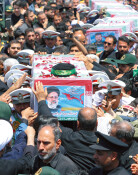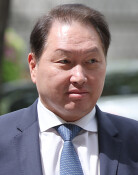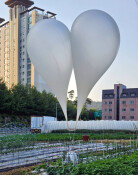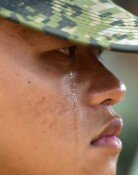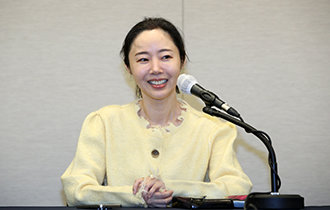Education union must respect Supreme Court ruling
Education union must respect Supreme Court ruling
Posted April. 20, 2012 04:08,
In June and July 2009, the Supreme Court has found unionized teachers of the Korean Teachers and Education Workers Union guilty for criticizing the incumbent administration in a statement on current affairs. Their statement is in line with the one released in the name of 100 social leaders in May 2009, which violates the obligation of political neutrality of public servants with a clear political intention to create an anti-Lee Myung-bak camp, the ruling said. Therefore, the case corresponds to group activities for affairs other than public affairs banned by the National Public Officials Act.
The case was confusing in the first trial because the teachers were acquitted. Teachers convicted by an appellate court in May 2010 filed an appeal with the Supreme Court, which rendered its verdict after two years. The union in 2009 issued a statement titled The Precious Value of the June Democratic Protest Should No Longer Be Trampled On with signatures from 16,000 teachers. The abuse of public power, reminiscent of the former military government, seriously undermines freedom of speech, assembly, expression and association, the bulwark of democracy, the statement said, adding, The crisis of democracy, which rewinds the wheels of history, stemmed from the self-righteous management of the Lee Myung-bak administration.
Public school teachers are government officials and must stay politically neutral. Private school teachers have guaranteed positions like public servants and so must follow the Private School Act. Such teachers have a much stronger obligation of political neutrality than college professors because they cannot join a political party or work on an election campaign. In consideration of this, the Supreme Court ruled that teachers should remain politically neutral not just at school but also outside of school.
Teachers who educate minors, who lack independent perspective or political view, should be careful about political neutrality. Such teachers must know that their activities outside of school can potentially constitute teaching. They have the right to express their political views but only within the boundary of privacy. Supporting or opposing a political group en masse is clearly a political activity.
With the Supreme Courts ruling, the corresponding municipal and provincial education offices should punish the teachers who participated in the statement. Despite the Education, Science and Technology Ministrys request for punishment, certain left-leaning superintendents such as Kim Sang-gon of Gyeonggi Province is postponing his decision. If teacher punishment is delayed and the Supreme Court ruling is ignored, this constitutes dereliction of duty.



